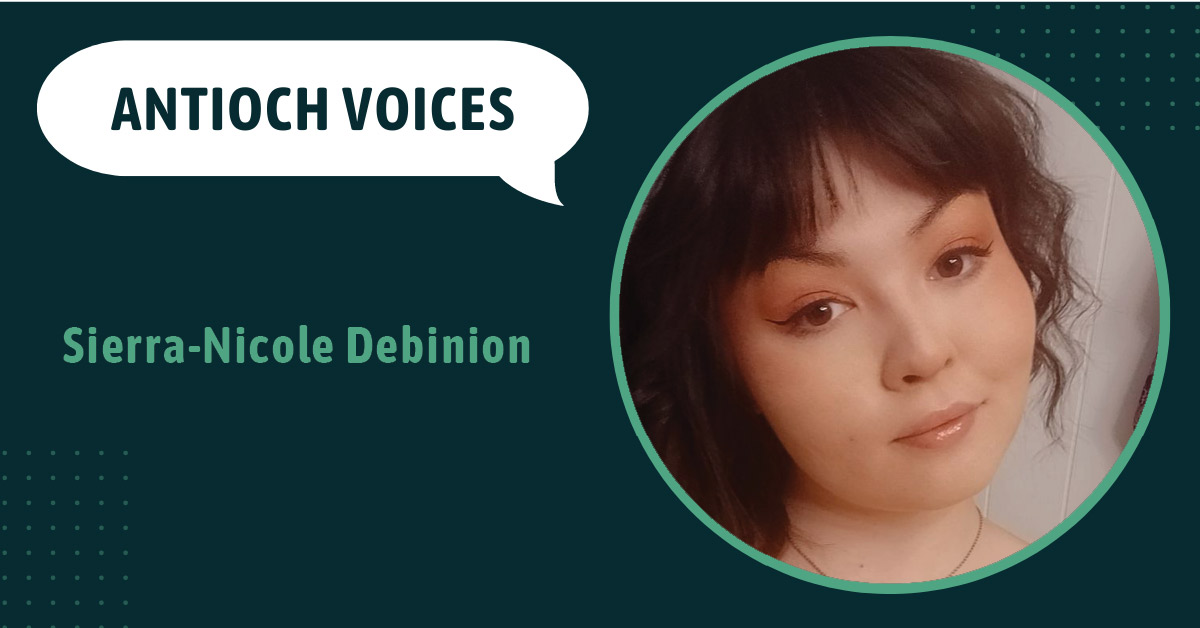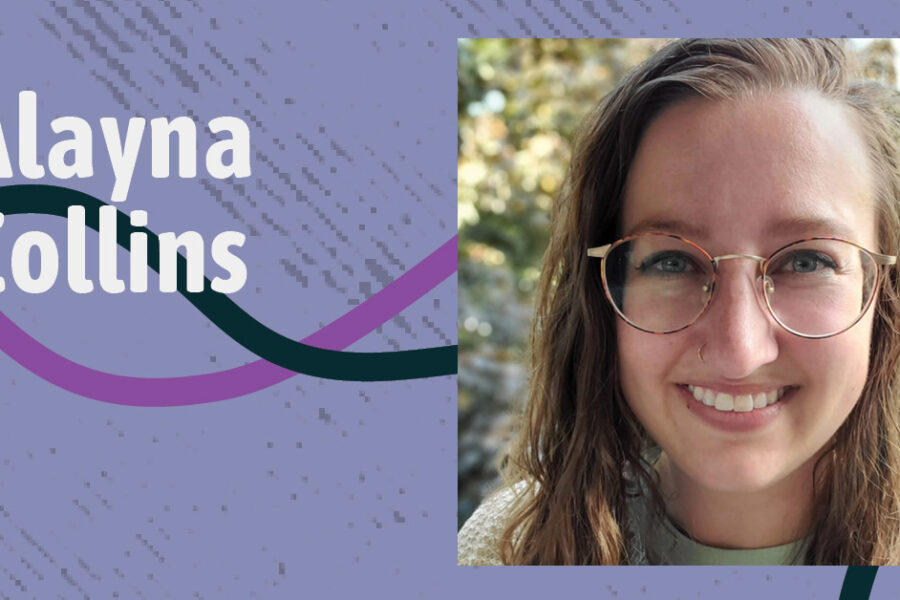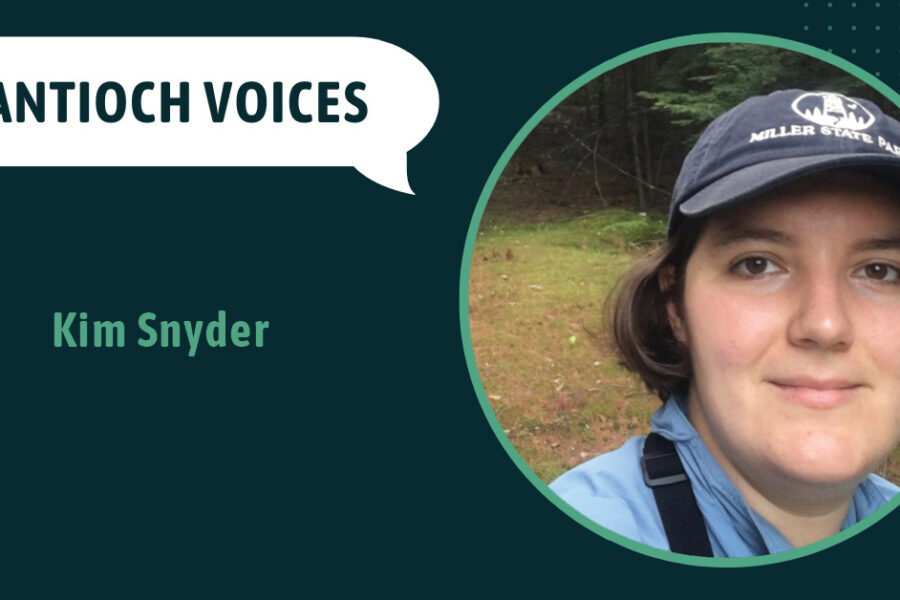Asian American and Pacific Islander Heritage Month is upon us. On one hand, this month is an opportunity to remember the history, pain, and joy experienced by both communities. However, on the other hand, quite often, it feels as though the “Pacific Islander” part of the acronym is a forgotten add-on. As a hapa-haole person with deep connections to my Indigenous Hawai’ian ancestors and culture, I see the ways that “Pacific Islanders” are underrepresented and erased. Ultimately, I think it would be best if we got rid of the acronym AAPI and separated these regional groupings. “Pacific Islander” issues and needs differ from those of Asian Americans.
I don’t say this disparagingly against Asians. Especially amid a surge of anti-Asian hate crimes and incidents since the beginning of the COVID-19 pandemic, I feel deep solidarity with Asians and Asian Americans. I also want to acknowledge that the term “Asian American” can also be over-broad, erasing individuality and cultural diversity. Many contemporary activists who might fall under that umbrella are pushing back against that. For example, Sarath Suong, a Cambodian refugee who immigrated to the U.S. as a child and helped found the Southeast Asian Freedom Networks, has explained that he faced colorism, classism, and a lack of understanding about Southeast Asians and how they fit into the Asian American context.
Quite frankly, even without “Asian American,” there are so many peoples and histories covered by “Pacific Islander,” including Chamorro, Northern Mariana Islander, Samoan, Fijian, Micronesian, Carolinian, Palauan, Papua New Guinean, Kosraean, Pohnpelan, Chuukese, Yapese, Melanesian, Polynesian, Solomon Islander, Tahitian, Tarawa Islander, Tokelauan or Tongan, and more. Because I am not well-versed in the native histories of each of these people, I can’t go deeply into that. That endeavor could take a whole book to delve into or a whole library. Instead, I want to share my perspective on the topic of the Kanaka Maoli positionality within the AAPI acronym.
The Inclusion of Pacific Islanders within AAPI Month
Among Pacific Islanders, specifically, there’s a renewed debate about the inclusion of Pacific Islanders within broader AAPI initiatives and programs. I wish to point out that this month perpetuates this confusion that Pacific Islanders are Asian. There is a large portion of the PI community who also hold Asian heritage, but not all Pacific Islanders are Asian.
As for myself, I happen to be hapa-haole, both indigenous Kanaka Maoli and also a descendant of the colonizers who oppressed that side of my lineage. So, mixed ancestry means I hold mixed feelings about the AAPI term.
In part, being lumped in as part of AAPI can make it seem like I embrace the U.S. colonial presence in Hawai’i. On this topic, I appreciate the comments of Tavae Samuelu, the executive director of Empowering Pacific Islander Communities, a national social justice organization based in Los Angeles, in an article in TODAY, where he talks about how the definition of a Pacific Islander is rather complicated.
He says, “One, race is a social construct. So, ‘Pacific Islanders’ is constructed. Two, Pacific Islander is constructed a very specific way here in the U.S., that so many of the conversations I’ve had with folks [in] international spaces, where, we have folks who are based in Australia or New Zealand who are like, ‘AAPI is not a thing here.’” Of course, this makes sense because the “Asian American” part assumes a context in the U.S.
Samuelu goes on to say that he’s not going to tell Asians what they should want, but he says for Native Hawaiians, “[W]e want to be counted separately on account of we want the country back. We want Hawaii to become an independent nation again.”
“The Americanization of Hawai’i was sealed like a coffin.”
– Dr. Haunani-Kay Trask
I used to work as an elementary school teacher in the continental U.S., and the school I worked at had a “Luau Day” where the admin encouraged the kids to dress like “Hawaiians.” I was stunned that a culture that recognizes cultural appropriation is bad in Halloween costumes still thinks it’s okay to “dress as Hawaiians.” That is the cheapening of our culture. A predatory, colonialistic view of a country, exploiting a culture in plastic leis and coconut bras.
That school day, I showed up in my muumuu and taught my kids how to sing a mele in Hawaiian and told them to call me kumu. I tried to teach them about the language—instead of just showing them Moana and cutting up a pineapple.
It was a frustrating day because I don’t think my kids understood that “luau’s” are not just a fun party theme but part of a whole, rich culture. And they couldn’t understand the ways that this culture was being exploited. Like, how do you explain that to first graders who all showed up in plastic grass skirts, grass hats, and leis? It’s really the school’s fault for institutional racism toward Kanaka Maoli.
Hawaiian Activist Dr. Haunani-Kay Trask says in her book From a Native Daughter, Colonialism and Sovereignty in Hawai’i, that Americans think Hawaii is as American as a hot dog. “Worse,” she writes, “is Americans think we should be grateful for the denial of our human rights to self-determination. For us, Hawaiian self-government has always been preferable to American foreign government, no matter what Americans believe…We are not happy natives.”
Many people don’t know the history of American colonization of Hawai’i, but that is not a surprise. The brutality and violence that runs through all of U.S. history and much of the present U.S. policy makes it hard for many citizens to even notice what is happening. Americans are seasoned in racism, seasoned in thuggery, seasoned in murder, seasoned in taking land, seasoned in overthrowing governments, seasoned at othering, seasoned at slavery, seasoned in exploitation, and sexualization of cultures, seasoned in their human rights violations against indigenous peoples like the Chamorros, Samoans, Hawaiians, Inuit, and American Indians.
When the U.S. claimed Hawai’i as a territory and later a state, it shattered the two millennia of Hawaiian civilization’s indigenous way of Mālama ʻĀina, or caring for the land.
Stolen Paradise
In Hawaii, America builds malls on the sacred burial grounds of our ancestors. Multi-storied hotels that hold over 6.8 million visitors a year pollute the land, causing soaring crime rates and water depletion. Not to mention the militarization of Hawaii, confiscating land for military airfields, training camps, and weapons storage facilities that also poisons the ʻāina and water.
Despite Dr. Trask and many other Kanaka Maoli activists exposing the many cases of abuse and human rights violations enacted by the United States toward the Hawaiian Nation and other indigenous peoples, their calls for self-government have long been ignored.
Because why would America want to lose their stolen “paradise”?
The Kanaka Maoli ancestors had a working and very comprehensive system of right and wrong. Ali’i was incentivized to provide for their constituents because the maka’ainana had the freedom to choose their ali’i. Everyone had a home; everyone was provided food. The land was divided properly and fairly. Everyone knew their relation to the ʻāina as an ancestor, and thus the land was cared for with extraordinary respect.
“Since the land was an ancestor, no living thing could be foreign,” writes Trask in From a Native Daughter. “The cosmos, like the natural world, was a universe of familial relations. And human beings were but one constituent link in the larger family…Nature was not objectified, but personified.” She goes on to place the American crimes in a familial sense, saying how unbelievably cruel the Americans are, especially as the ʻāina is an ancestor and should be cared for and respected as such.
But along with Captain James Cook’s 1778 arrival in Hawai’i—the first contact that led directly to U.S. colonization—came Western ideology. Western colonizers had no connection to the ʻāina, thus no respect. They brought with them capitalism and disease, and the concept of ownership pervaded their greedy minds, disposing of Hawaiian religion, language, dance, dress, and way of life.
U.S. President Tyler even said, “Americans should acknowledge their own interests” in Hawaii as a “virtual right of conquest” over the “mind and hearts of the Hawaiian People.” The poor, disease-ridden ancestors. Preyed upon by capitalists and disposed of.
Brindle Your Throat
The United States Senate made a statement on the creation of AAPI month: “In 1992, the month of May was designated by President George H. W. Bush as Asian Pacific American Heritage Month. The annual celebration honors the many contributions and accomplishments of Asian Americans, Pacific Islander Americans, and Native Hawaiians.”
I believe it’s willful ignorance to say, “Pacific Islander Americans” because Native Hawaiians did not have the choice to be American. The United States illegally overthrew a sovereign nation.
I have always lived on the mainland and feel well-versed in how Americans feel no guilt or shame over their racism. I currently live in Arizona, and the amount of Pro-Trump propaganda I see on cars, shops, clothing, and billboards is still staggering, even eight years after his political movement began. Living here, I have learned that one needs to be quiet with liberal beliefs for fear of the abundance of white nationalists and their guns. This is especially true because I live in an open-carry state where people regularly carry guns on their person.
I just want to be clear, like Trask is, that Hawaiians are not grateful for the “opportunity” to be American. We are not grateful for the subsequent disease, homelessness, and oppression. We are not grateful for forced Christianity. We are not grateful for the boatloads and planeloads of tourists, and we are not grateful for the 1993 apology from President Clinton, effectively doing nothing, for there is still no self-determination. I don’t know if there ever will be Hawaiian autonomy again because Americans keep their clutches on their coconut drinks with little umbrellas tight in their hands, complicit and deeply disrespectful in believing their ownership of the ʻāina. (This is not intended to overlook how independence is being lived and fought for every day, but rather a call upon communities to engage in solidarity.)
Colonizers think we should be grateful for their “modernization,” but in reality, they are bringing the death of a nation.
In writing this piece, I am reminded of a poem by No’u Revilla in her book Ask the Brindled. In the poem “How to Swallow a Colonizer,” Revilla quotes a line from Haunani-Kay Trask, “Brindle your throat.”
I will insert the poem here:
1. Brindle your throat.
2. Metabolize the twitching
eyes, tongue, feet.
3. Hold your stomach
with both hands while
his teeth dissolve and recite:
you will be undarkened,
you will be undarkened.
This acid, medicine.
4. Rub your piko.
5. When the settler breaks down
stick your fingers in your mouth
to beckon flowers.
6. Kaulana nā pua.
The definition of “brindled” means to be restrained—to control your tongue by choosing what you will speak and what you will not speak. Hawaiians have been subjected to colonization, and we are expected to be happy about it. We are supposed to swallow down colonization with a smile. Hawaiians are hushed, and the many voices and protests are ignored by America, all the way back to the 1800s, our nation has been silenced by the greed of colonizers.
In my own writing, I hope to showcase Hawaiian Nationalism and carry forward the impact of Trask and Revilla. I think writing is the only way I feel possible not to be silenced. In-person, I am not forward with my views, as I live in a conservative area and have brindled my throat for some time.
At least I don’t have to brindle my writing.



